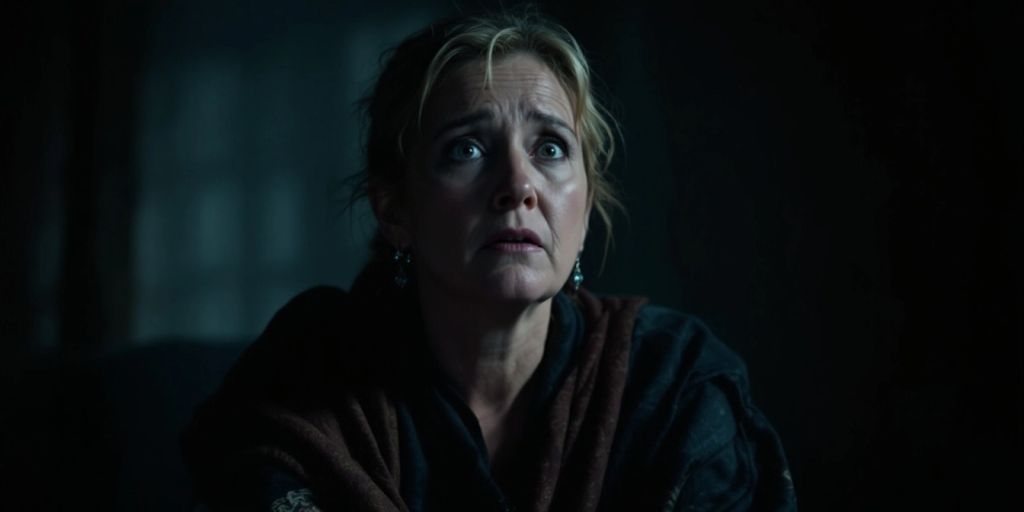Child Welfare
British Woman Faces Death By Stoning After Forced Marriage To Uncle

A British woman has found herself in a harrowing situation after being pressured into marrying her Pakistani uncle, allegedly to facilitate his immigration to the UK. The couple now faces severe legal repercussions under Shariah law, including the possibility of death by stoning.
Key Takeaways
- A British woman married her Pakistani uncle under duress.
- The marriage is viewed as an illegal immigration scheme.
- Both individuals face charges of adultery, punishable by death under Shariah law.
- The woman claims she was coerced into the marriage and is now abandoned.
Background Of The Case
The woman, a former company director in her thirties, travelled to Pakistan in April 2021, where she married her maternal uncle. This marriage was allegedly orchestrated to help him secure documentation for immigration to the UK. After the wedding, she lived with him for about a month, during which she claims he began to sexually exploit her, resulting in her pregnancy.
Upon returning to the UK alone to give birth, she expressed her distress over the situation, stating that her uncle had promised her a better life in exchange for her assistance in his immigration plans. However, he has since abandoned her and their child, leaving her in a precarious position.
Legal Implications
The case has drawn significant attention in Pakistan, where local authorities have initiated an investigation. The couple has been accused of adultery, a serious offence under Shariah law, which could lead to severe penalties, including stoning or lashes. A police report indicates that the marriage was not only illegal but also considered a form of adultery due to the familial relationship.
The report highlights that the marriage was primarily a scheme to facilitate the uncle’s entry into the UK, with local clerics and elders confirming that such a union is forbidden under Islamic law. The uncle has since gone into hiding but was recently arrested along with a witness to the marriage.
Family’s Reaction
The woman’s family in the UK has expressed their distress over the situation. Her father stated that they did not approve of the marriage and had attempted to dissuade her from it. He mentioned that they have lost contact with her and are deeply concerned about her well-being.
Conclusion
This troubling case raises significant questions about forced marriages and the exploitation of vulnerable individuals for immigration purposes. As the investigation unfolds, the implications for both the woman and her uncle remain severe, highlighting the harsh realities of legal systems that differ vastly across cultures. The woman’s plea for help underscores the urgent need for support for those caught in similar situations, where personal autonomy is compromised by familial and societal pressures.
Sources
-

 Press Release6 days ago
Press Release6 days agoNura Labs Files Revolutionary Patent: AI-Powered Wallet Solves the $180 Billion Crypto Staking Complexity Crisis
-

 Press Release4 days ago
Press Release4 days agoGlobal Compound Feeds and Additives Industry Report: Market Expansion and Competitive Insights to 2035
-

 Technology4 days ago
Technology4 days agoWhat to Know Before Switching Cell Phone Network Services in 2025
-

 Press Release2 days ago
Press Release2 days agoCrypto WINNAZ Launches First On-Chain Yield Engine for Meme Coins, Enabling 20x–300x Returns














